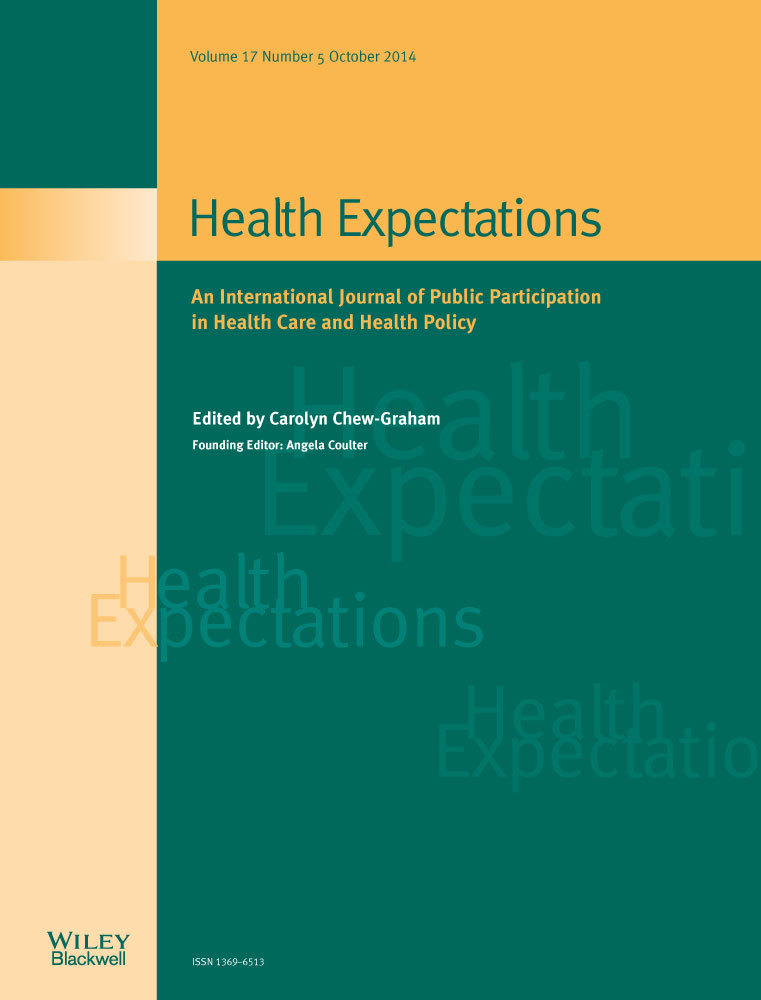Community perceptions of infectious diseases, antibiotic use and antibiotic resistance in context of environmental changes: a study in Odisha, India
Abstract
Background The public health impact of environmental changes and the faceless threat of antibiotic resistance are currently among the top global health challenges. Community understanding of health, diseases and medicines in relation to the changing environment is necessary to mitigate the impact of these changes on health and for prudent use of antibiotics.
Objective The objective is to explore community perceptions of infectious diseases, antibiotic use and antibiotic resistance in the context of environmental changes.
Methods A qualitative study was conducted among community members with various backgrounds in education, gender, age and occupation of two districts of Odisha, India. Eight focus groups discussions and ten individual interviews were conducted. Data were analysed using content analysis.
Results Two themes emerged: ‘Interpretation of infectious diseases and health hazards in the context of environmental changes’, and ‘Understanding of antibiotic use and its consequences for resistance development and the environment’. The participants perceived that nowadays there is irregularity in the occurrence of seasons, particularly an increase in average temperature, which is influencing health. Participants’ perceptions of infectious diseases, antibiotic use and resistance varied according to their social environment. Furthermore, they perceived that improved sanitation, choice of alternative medicine and awareness and education on prudent use of antibiotics are probably some ways to prevent antibiotic resistance.
Conclusions The participants perceived that climate variability is increasing and that this has health consequences for the community. They also hypothesized an interrelationship between the environment, infectious diseases and medicine use, particularly antibiotics. This is helpful for further empirical studies.




